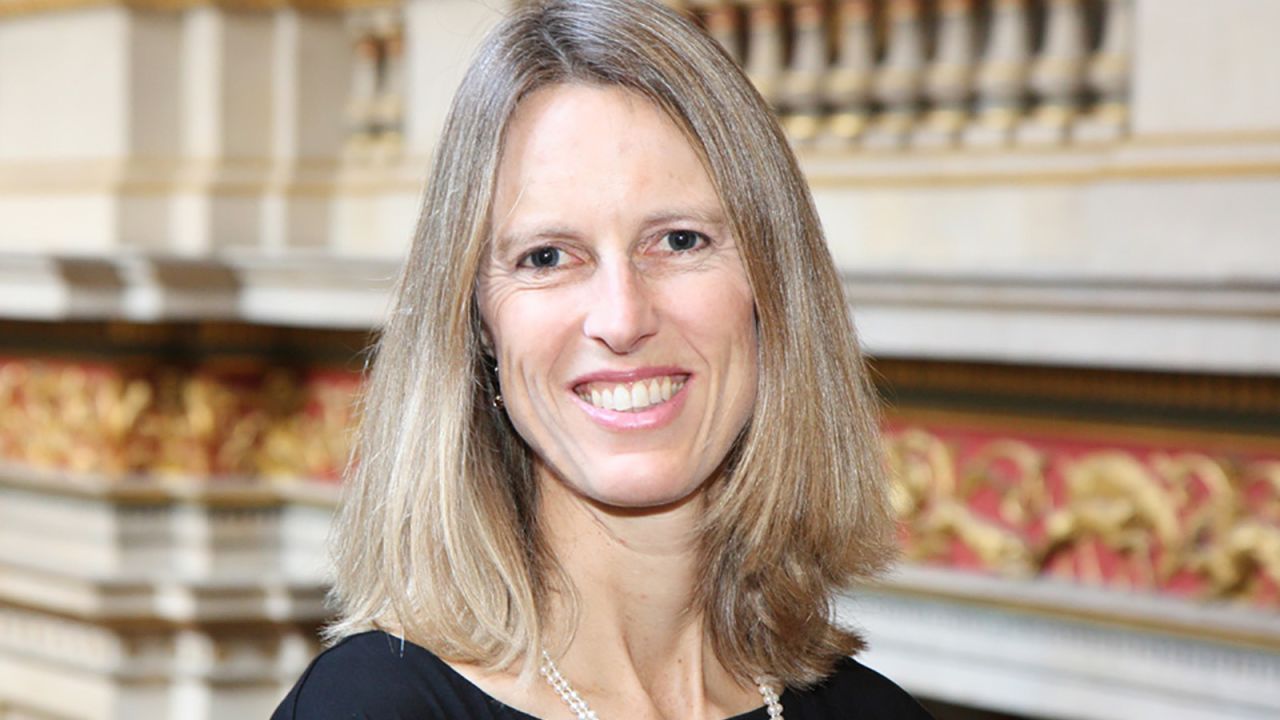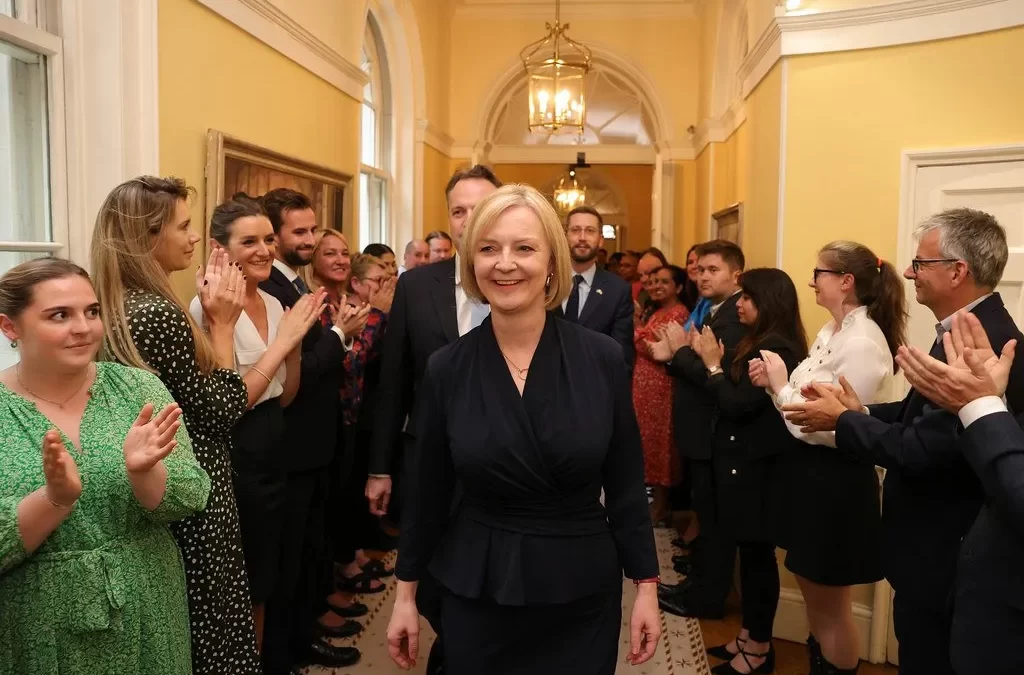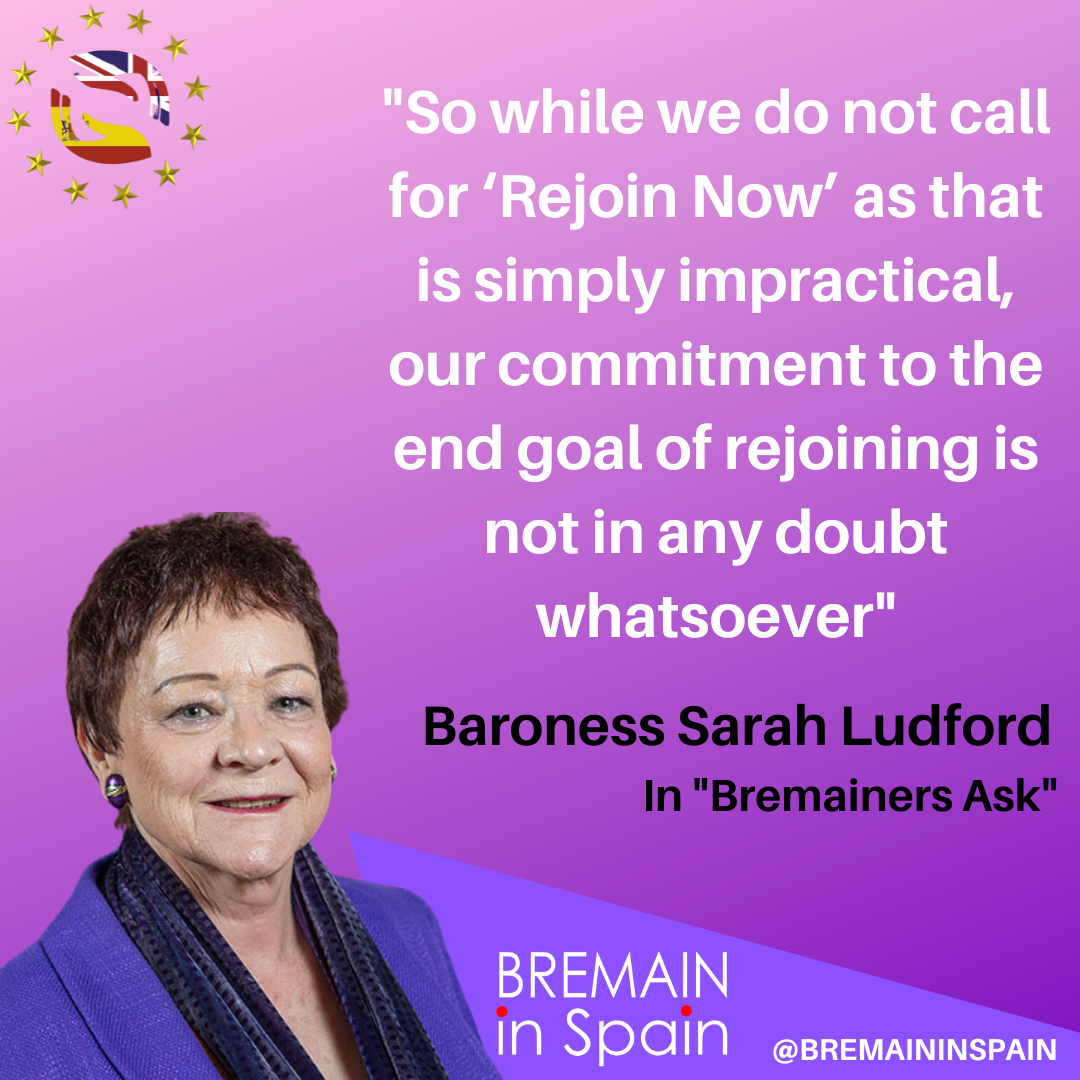
Bremainers Ask….Revisited
To start the year, we asked three former Bremainers Ask contributors to tell us about their highs and lows for 2022 and their hopes for the coming year. This is what they had to say.

Alexandra Hall Hall is a former British diplomat who resigned from the Foreign Office in December 2019 after concluding she could no longer represent the British Government’s position on Brexit with integrity. She is now a frequent commentator and writer on British politics and foreign policy post-Brexit. You can read Alex’s earlier contribution to Bremainers Ask from May 2022 here
The low point of 2022 for me was without question Russia’s invasion of Ukraine. By the same token, the highpoint was seeing the courage of the Ukrainian people in refusing to yield to Russian aggression, under the inspiring leadership of Ukrainian President, Volodomyr Zelensky.
I was glad to see the UK respond so robustly to Russia’s invasion. Though I might question some of the motives behind Boris Johnson’s decision to champion the Ukrainian cause, I genuinely believe the British Government has shown impressive leadership on the issue. Johnson’s own visit to Kyiv in the spring undoubtedly boosted Ukrainian morale. I am willing to give him credit for that. I was also glad to see the UK work constructively with the EU and NATO to galvanise an effective international response, including by coordinating sanctions against Russia, and conducting a long overdue clamp down on Russian money and influence within the UK.
I was disappointed this did not translate into wider reflection within the British Government on our post-Brexit relationship with European partners. I had hoped that cooperation on Ukraine might prompt greater willingness to put UK-EU cooperation on broader foreign and security policy matters onto a more structured footing. Instead, many Brexit advocates argue it is proof that the UK can successfully coordinate with the EU from the outside, even though such coordination is now far more time-consuming and burdensome, and we have lost our direct influence on EU decisions.
I had also hoped that the need to stay united on Ukraine might persuade the British Government to adopt a more constructive approach on Northern Ireland. Unfortunately, the UK persists with its threat to renege unilaterally on certain aspects of the Northern Ireland Protocol unless it is renegotiated to British satisfaction. While the mood music on this issue has improved, it remains to be seen whether Sunak will be willing to face down the hardliners in his party in order to strike a deal.
From a purely domestic perspective, 2022 was the year of British politicians behaving badly. I do not need to recount all the shameful examples. The UK’s global reputation, already badly damaged by the incompetent, dishonest handling of Brexit, took a further battering. The disastrous Truss premiership was the absolute nadir.
At least with Rishi Sunak as Prime Minister, a veneer of normality has returned to British politics. But just as Donald Trump’s Presidency still casts a long shadow over American politics, so the continuing influence of Boris Johnson and his ilk casts a long shadow over the Conservative party and British politics. Like his predecessors, Sunak seems to remain afraid of the extreme wing of his party, and willing to compromise again and again in an effort to appease them.
As a result, even though restoring the British economy is Sunak’s priority, he is unable to pursue some of the easiest ways to achieve this, such as by relaxing immigration to address UK labour shortages, or by staying aligned to EU standards in order to facilitate UK-EU trade. Instead, he is pressing ahead with the Retained EU law bill to shred all outstanding EU legislation on our statute books by the end of the year. Not only does this risk many important environmental, consumer, worker, health and safety protections being lost, without time to draw up adequate replacements, it also risks UK businesses being left without a stable and predictable legislative environment within which to operate. Even worse, the draft bill gives unprecedented powers to the Government to draft new laws without proper parliamentary oversight, using so called Henry VIII powers, representing a further erosion of British democracy.
I wish I could be more optimistic for 2023. Instead, I fear the war in Ukraine will grind on with more bodies and blood, as the West still hesitates to send Ukraine all the weapons it needs. I also fear that Sunak will remain in thrall to the right wing of his party, and that Boris Johnson and his supporters will also constantly try to undermine him in hopes of engineering Johnson’s return. British politics risks continuing on an unstable, damaging path.
For me, the big question for 2023 is whether British opinion will finally swing sufficiently decisively against Brexit, that it will give the Labour party the political space it needs to adopt a stronger position in support of UK-EU cooperation. Opinion polls suggest that more and more British voters are coming to regret the decision to leave. Our challenge is to demonstrate how top voter concerns like the poor state of the economy, the NHS and other public services, are directly related to that decision to leave.
2023 is also the year in which we need to nail the Brexiter narrative that if Brexit is not going well, it is only because it was poorly implemented, or “thwarted” by Remainer elites, or because Ministers have yet to take proper advantage of the so-called opportunities of Brexit. Brexit never was and never will be the solution to the UK’s problems.

Gavin Esler is an award-winning broadcaster, novelist and journalist. His most recent book is entitled “How Britain Ends – English Nationalism and the Re-birth of Four Nations”, and he is currently working on a new book explaining how, as a nation, we can do better. You can read Gavin’s earlier contribution to Bremainers Ask from April 2022 here
It’s always daft to write history when you are still living it, but the past year has been so crazy I’m happy to give it a go. The year 2022 will be seen by future British historians rather as Olaf Scholtz spoke of his country when he became Germany’s Chancellor. The United Kingdom is at a “Zeitenwende” – a turning point. Everything seemed to change, including our three prime ministers in four months and the resignation of at least 60 government ministers, plus the notorious Kwasi Kwarteng political suicide note. He called it a “fiscal event,” forgetting that a cardiac event is to most of us just a heart attack. The good news was that we managed to change our head of state and head of government almost simultaneously with no revolution, gunfire or rioting. The worst that happened was a leaky fountain pen and a temporarily grumpy King. I felt sorry for King Charles at that perfectly normal human moment when he was ambushed on TV by an inky malfunction.
The bad news however was everything else, and a group of failed politicians it was impossible to feel sorry for, especially Matt Hancock whose bush tucker and other trials did not seem stressful enough. In Roman times he would not have been on I’m A Celebrity. He’d have been forced on to I’m a Gladiator and fed to hungry lions. But the event of the year – as Oscar Wilde might have said – is that for the British people to lose one prime minister might be seen as unfortunate. To lose two is carelessness. In fact, we have lost five prime ministers in six years and none of them struck me as up to Gladstone and Disraeli standards.
What was exposed ruthlessly in 2022 is not merely the characters of some very strange people who rise to the top in politics. It’s a failed system of governance where those in power seem to make up the rules to suit themselves. Liz Truss became our prime minister because around 80,000 people who pay just over £2 a month to join the Conservative party decided she was The Right One. Or Far Right One. Rishi Sunak became our prime minister because Conservative MPs decided trusting their own party members was a disaster, so they chose him. Boris Johnson became prime minster because he undermined his two immediate predecessors and the party whose supposedly “secret weapon is loyalty” rewarded his disloyalty with the top job.
The one serious bit of good news of 2022 was that the B-word returned in public speech. Brexit, that greatest self-inflicted wound that we British have inflicted upon ourselves in recent years was finally regarded as something which could be discussed in polite company. My hopes for 2023 therefore include the real possibility that the unravelling of Brexit will become so obviously clear that the leadership of the Labour party will aggressively try to unpick its worst aspects even if they pretend to be living up to what was once supposed to be “the will of the people.” Many of the people who voted for Brexit have inevitably changed their minds.
My second great hope is that we start to remember what is meant by patriotism. To be a patriot is not to sit in front of a Union Jack and witter endlessly about the non-existent benefits of Brexit. To be a patriot is to want the best for your country, and to avoid making British citizens, wherever they may live, poorer and experiencing more difficulties in their lives. By that definition Brexit is one of the least patriotic events in British history.

Otto English is the pen name of author and journalist Andrew Scott. He has written for the Independent, New Statesman, Politico and Byline Times. His book “Fake History” was published in June 2021, and he is currently working on a sequel. You can read his earlier contribution to Bremainers Ask from September 2022 here
Some years ago, while down an absolute rabbit hole of research, I came across an old interview with the author Graham Greene. Unfortunately, I cannot find the recording now but suffice to say that Greene came across as extremely grumpy and when prodded on why that might be, complained that he was very easily bored. He went on to describe an incident where, while on a boat in the Suez Canal, he and the rest of the passengers came under fire from the shore.
“At first,” Greene said – and I paraphrase – “one felt an immense fear and excitement – but soon it gave way to boredom… it was just very, very boring”.
I remember wondering at the time how anyone could ever think that dodging bullets in the middle of the Suez could ever be described as ‘boring’, but as the last eight years, of at times cartoonish events, have unwound, I think I’m beginning to get it.
Living through extraordinary times can get very boring indeed and ever more, the country has felt like an absurd soap opera in which a team of frenzied writers have been cooking up crazy plot lines.
Since the Scottish independence referendum in 2015, the once United Kingdom has reeled from one crisis to another, like a drunken bear fighting a donkey on acid, in a glassware shop. In hindsight, the Scottish referendum was but an amuse bouche for the uncivil war of Brexit that followed in 2016. That disastrous folly wrecked our global standing, screwed our political institutions and wreaked economic turmoil on us all. What followed whipped back the curtain on the libertarian lies of British exceptionalism – and the myth that we ‘don’t need the EU’. But in the process, it also took a sledgehammer to the old political consensus.
In all the chaos that followed, whether that be the inanity of the culture wars, the misery of Covid, lockdowns, the migrant crisis, the on-going disaster in Northern Ireland or the tsunami of other miserable stories lost in its wake, people’s positions have been largely defined by how they voted in that referendum.
At the same time, the pandemic and war in Ukraine have been a salutary lesson in how very dangerous it is to take our certainties for granted. World events can turn in a moment and threats to our peace and security can come out of nowhere. All of this has, I believe, irrevocably changed the political landscape. Britain’s new political lines are no longer defined by left, right and centre, but by ‘pragmatic and progressive’ versus ‘chaotic cloud cuckoolandism’. The good news is that, if polling is to be believed, most voters now sit, ever more, in the ‘pragmatic and progressive’ camp.
As we’ve gone through Prime Ministers and Chancellors faster than most of us get through underwear in a heatwave, this country seems to have edged ever more back towards a general consensus – that we want to be a grown-up country once more.
So, call me a crazy optimist and cross your fingers very tightly, but I’m beginning to think there are brighter times ahead. Happy New Year.
Coming next month

Former London Mayoral candidate and senior civil servant, Siobhan Benita, left Whitehall to campaign for better politics. She is passionately opposed to Brexit and spoke at the first National Rejoin March in London in Autumn 2022. Siobhan has a French husband and two bilingual daughters.
If you wish to submit a question for Siobhan for consideration, please email us before the 7 February.











